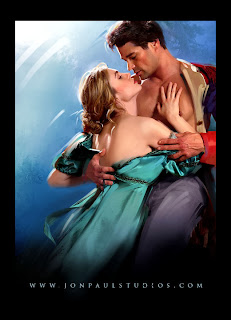A Novel Game
There are many types of fiction out there for all to enjoy.
The newest of the genres, I think, is Computer Game fiction. Is it a good idea
to turn a game into a novel? I know there are many examples of this, one of
which is the Assassins Creed series. Where all five possibly six games have
been converted into the world of words. Is this just a chance for the games
production companies to cash in on their fan-base or do the fans genuinely love
to read about a story they’ve already played and completed, therefore knowing
the story anyway? I know with films, everyone says that there’s more story and
more detail in the book but is it the same case for a game? A feature length
film goes on for approximately two hours, where as a computer game can take an
enormous amount of time. My brother is playing a game at the moment and has spent
over 100 hours playing it. Could you get 100 hours of game-play into a novel or
are you cutting out some of the story? If you’re playing for over 100 hours, could
the extra stuff all be rather superfluous?
But on the flipside what about the books that were turned
into games? Naturally the first that springs to mind is Lord of the Rings. The
only problem there is that the books were turned into films, and the games are
based on the films and not the books, so it’s not a good example. But still, if
a fan enjoyed the novel enough to play the game, surely it should work the
other way around? If you’ve already read the book, then you already know what’s
going to happen. The difference is that you are the one making it happen. Maybe
that’s the fascination with turning games into books? Maybe people want to read
about the characters and how they interact without a player guiding them?
I’m not sure about the whole thing. I’ve only read one or
two of these books and personally they’re not for me. What does everyone else
think? Let me know. Read, follow, comment and enjoy. M x














